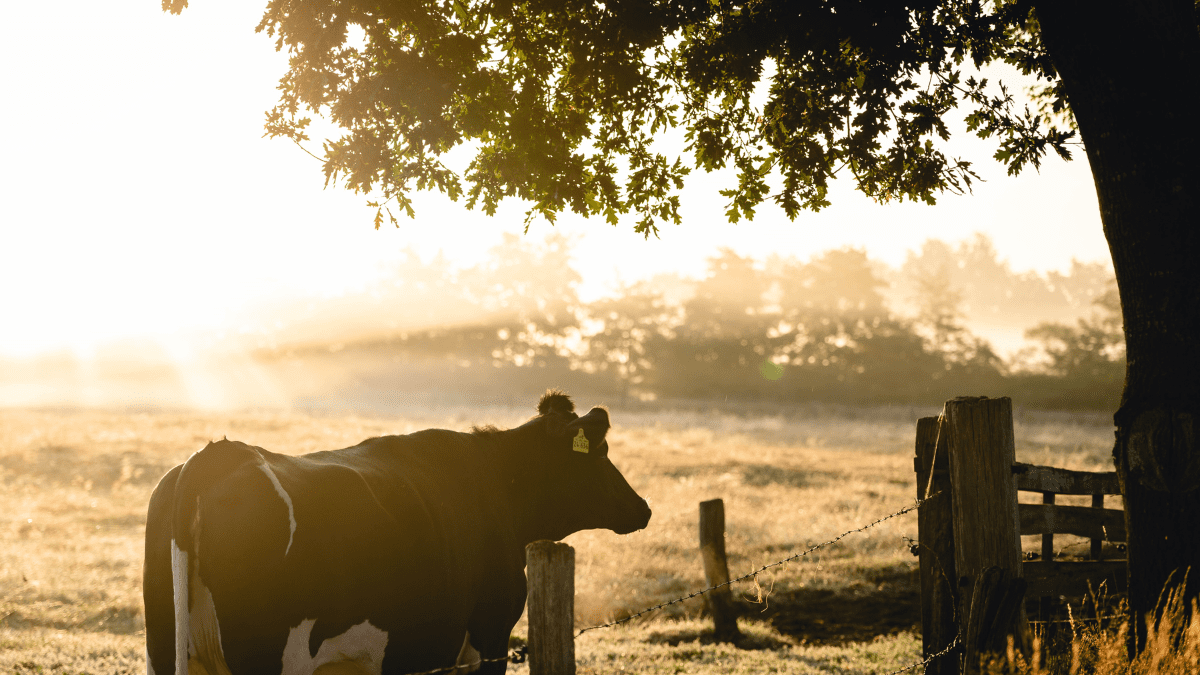What is required to obtain animal welfare certification in Asia?

Animal welfare certification is becoming increasingly relevant in Asia, both for food industries that purchase animal-derived raw materials and for producers who need to comply with strict standards to market their products.
In a region where conscious consumption is on the rise, the Certified Humane certification stands out as a standard of excellence that ensures proper animal handling and welfare practices.
Animal welfare is already a global trend. Proof of this is that the Certified Humane certification has arrived in Asia, with Toh Thye San Farms (TTS) and Chew’s Farm in Singapore, as well as Liang Kee Farming in Malaysia, earning the animal welfare seal.
To learn more about Certified Humane certification in Asia, visit Certified Humane Asia.
TTS: a pioneer in animal welfare in Singapore
Toh Thye San Farm (TTS), based in Singapore, is a pioneer in the region, adopting animal welfare practices in its operations.
TTS, which owns Gesing Group Sdn. Bhd. (GGSB) operating in Malaysia, is dedicated to broiler chicken production, raising about 120,000 chickens per month under strict quality control.
The company sought the Certified Humane seal to elevate its production standards and stand out in its segment.
Liang Kee Farming: raising healthier and happier hens
Liang Kee Farming, located in Malaysia, transformed its operation from a traditional caged system to a free-range model, ensuring that its laying hens live freely with daily access to outdoor areas.
Producing about 300,000 eggs per day, the farm invested in the cage-free production system to improve egg quality and secure animal welfare certification.
Chew’s Farm: a forerunner in cage-free egg production
With a strong commitment to respecting the environment and animals, Chew’s Farm in Singapore was the first to adopt the cage-free system for egg production.
With 650,000 hens, of which 19,000 are raised in the cage-free system, the company sought the Certified Humane seal to gain international recognition and meet the growing consumer demand for superior quality products.
The production is distributed to major supermarket chains and online sales platforms such as Redmart and Amazon Prime.
Benefits of certification for Asian companies
Companies that invest in compassionate production processes not only meet market expectations but also reap a range of benefits, including:
- Responsible brand promotion, especially in increasingly demanding Asian markets;
- Positioning in favor of a dignified life for animals, resonating with the growing values of social responsibility in the region;
- Increased production capacity, as studies show that animals raised with welfare practices are more efficient;
- Assurance of product quality, essential for competing in markets that require high standards;
- Opening of new markets or sale of products in countries that require animal welfare certification, as part of a global movement that is impacting Asia;
- Reduced risks for investors, improving the business’s position by offering products that meet consumer and market expectations.
Essential for animal welfare certification
The Certified Humane seal can be requested by companies of any size in Asia, from multinationals to regional businesses.
For animal producers, the most important thing is to strictly follow the specific standards for the species being certified. Download the species-specific guidelines: laying hens and broiler chickens.
Food processors in Asia must also ensure that their raw materials are sourced from certified producers. This includes monitoring performance records in each segment of the production chain. Here are some examples of necessary controls:
- Monitoring ammonia levels and temperature in the facilities;
- Adequate lighting program for animal welfare;
- Recording mortality rates and their causes to better manage animal quality of life.
These controls provide Certified Humane inspectors with a comprehensive view of what happens on the farm or factory. Additionally, the following documents are required:
- Diagram of the facilities (dimensions of stables, barns, pens, and pastures, size and type of feeders and drinkers, type of ventilation systems, etc.);
- Records of animal feed ingredients and their respective suppliers;
- Records of food and water consumption;
- Animal entry and exit logs;
- Health records;
- Maintenance of equipment and training of those responsible for animal handling;
- Biosafety policies, cleaning, and disinfection protocols;
- Sanitary records from local authorities;
- Emergency contacts.
Any food containing animal-derived raw materials can obtain the Certified Humane seal. Leading companies such as Barilla, Korin, and Ovobrand already have this certification, ensuring that their products meet the highest animal welfare standards. The main rules include:
- Sourcing all raw materials from suppliers that already have Certified Humane certification, whether it’s eggs, milk, meat, or wool;
- Submitting to annual traceability inspections, verifying the effectiveness of controls over the separation of raw materials from receipt to the shipment of final products packaged with the certification seal.
It’s important to note that companies producing pasta, frozen chicken-based dishes, pizzas, dairy products, pork sausages, pet food, biscuits, and other products can also be certified.
Restaurants using ingredients certified by the Certified Humane® program can also receive certification and include the certifier’s logo on the menu. Even non-food products made with sheep’s wool or goat milk-based cosmetics can bear the animal welfare certification seal.
To learn more about how your company in Asia can obtain Certified Humane certification, visit Certified Humane Asia.
Published on September 7, 2024



